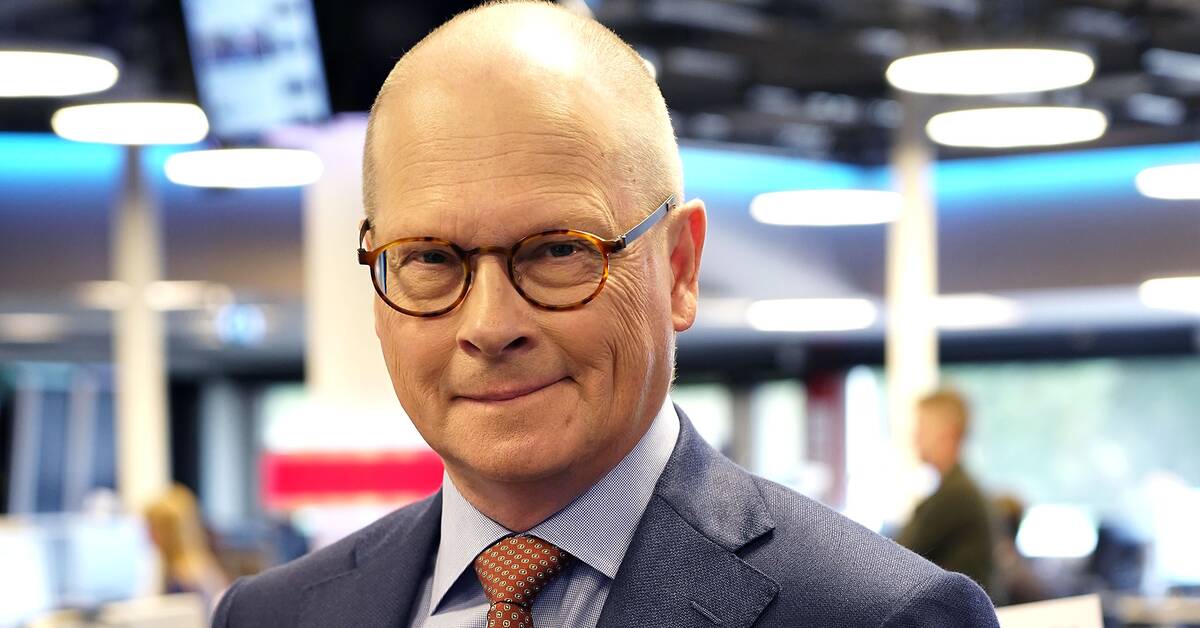Today, 1,200 Christian Democrats gather in Örebro, where the party holds municipal and regional days. It is the first major party gathering since the election last fall. It is also a welcome opportunity for Ebba Busch to meet and speak directly to the party after a winter that has not quite turned out as she imagined.
The election in September was in many ways a success for the Christian Democrats. The party advanced in the municipal and regional elections. After eight years in opposition, KD was also able to form a government with the Moderates and the Liberals, with the support of the Sweden Democrats.
However, the KD's election results at the national level were not much to cheer about. The party fell from 2018.6 percent to 4.5 percent compared to 3.
Internal criticism
The negative trend in public opinion has continued after the election. In the latest voter barometer from SVT/Novus, KD got only 3.5 percent. One can, somewhat simplified, say that Ebba Busch is back to square one, at the levels of public opinion she experienced during her first time as party leader, before the lift came in the election campaign in 2018. Ebba Busch still has a strong position in her party after the turnaround she managed to achieve then. But in the long run, her position in the party will be determined by support in the electorate. And the Christian Democrats' turn to the right under Ebba Busch has sometimes met with internal criticism. It could resurface if the poll numbers continue to fall.
There are probably several factors behind KD's decline. One may be that the party has become too similar to other parties on the right in Swedish politics. It was also a conscious choice by the party a few years ago in the hunt for disgruntled right-wing voters. Therefore, expect that in the future the Christian Democrats will talk more about "soft issues", such as social issues, the family, health care and care for the elderly, to name a few. So did Ebba Busch in her speech in Örebro.
But KD and Busch have more problems. The betrayal debate over the electricity subsidy has probably affected support for the party. There have been many twists and turns around this electricity subsidy, where Ebba Busch is the minister responsible, during the winter and the government has been criticized on several different points.
Internally, there has also been unrest in the party after the harrowing conflict at the highest level between EU parliamentarian Sara Skyttedal and former party secretary Johan Ingerö, two people who have had heavy and important assignments for the party in recent years.
This conflict has damaged the party in several ways. Internally, many raised eyebrows at the description of a booze party at the party's election vigil and accusations of inappropriate sexual behavior. But it is also about how the crisis was handled by Ebba Busch and how the party secretary was fired, something that raised questions about Busch's leadership.
Skyttedal in focus
But the battle has also put the spotlight on KD's drug policy as Sara Skyttedal has repeatedly argued for the legalization of drug use, which goes against the party's policy. Nor is it something that resonates with traditional nonsocialist voters, who are the Christian Democrats' most important target group.
There are thus plenty of challenges to deal with for Ebba Busch going forward if she is to succeed in reversing the downward trend. She still has strong support in her party, but should the poll numbers continue to fall, it will not be long before internal criticism bubbles to the surface.

